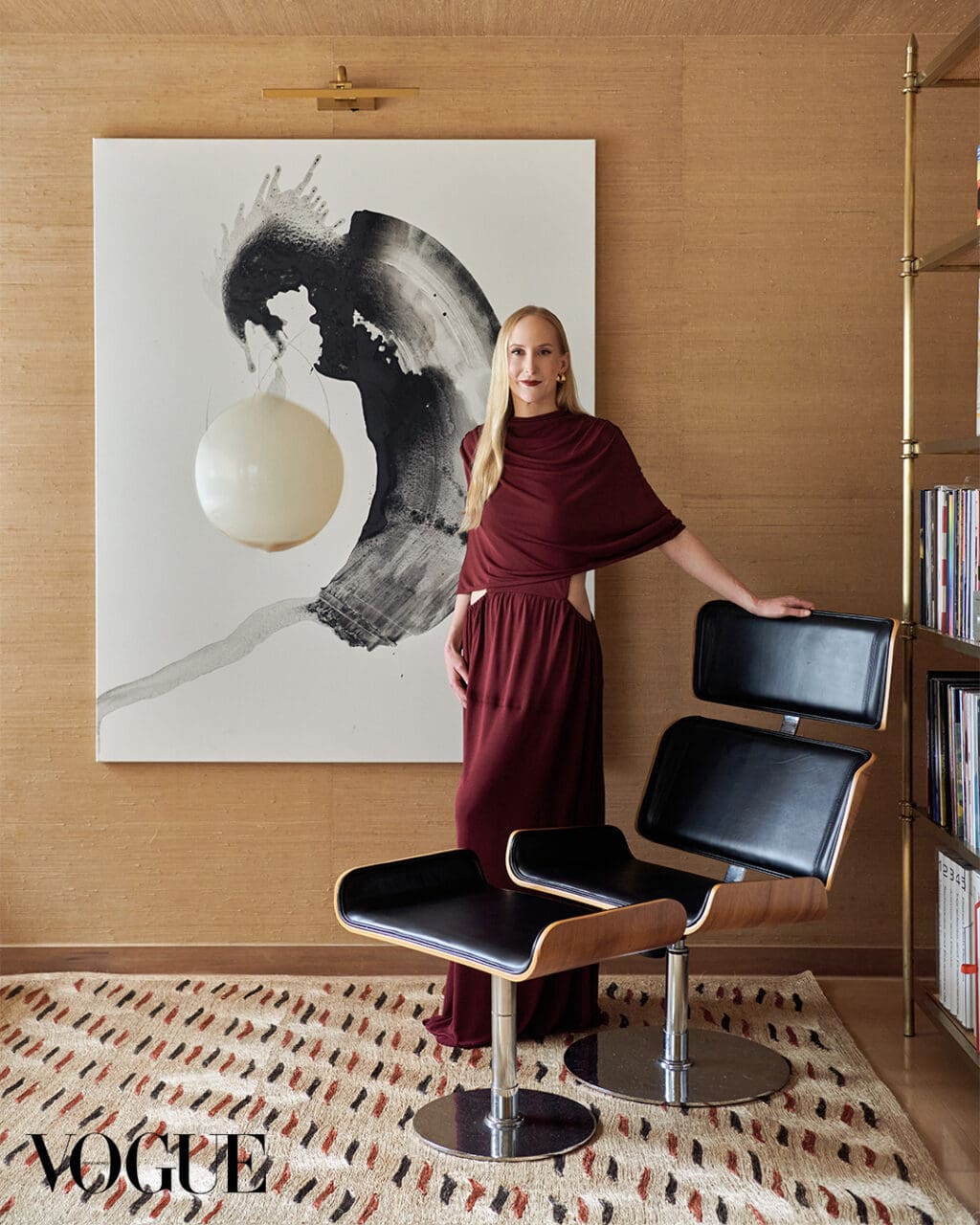It was difficult for me to write this article. On one hand, having battled depression and eating disorders for half of my life, saying I’m familiar with the topic is an understatement; on the other hand, these past few months have reminded me that I’m definitely not out of the woods yet with my own mental health, so who am I to give advice?
Fears of hypocrisy aside, with so much negativity surrounding us these days, now more than ever is the time for open dialogue about our emotional struggles. By sharing my experience, I hope you’ll find something useful for your own mental health journey, or at the very least come away with a sense of camaraderie – no matter what you may be struggling with, there are so many others in the same boat, and we will get through these tough times together.
Set mini goals with rewards
Low moods can really sap our motivation and energy, making even the smallest day-to-day task seem daunting. Instead of setting lofty targets and beating ourselves up for falling short, or allowing ourselves to spiral and abandon productivity altogether, try breaking down tasks into tangible “mini” goals and rewarding for each one we accomplish. Working towards and achieving something, no matter how small or trivial, give us a sense of purpose. Likewise, knowing that doing something guarantees a positive outcome, even if it’s just our own tiny reward, can help us regain our sense of control and kickstart a positive momentum to slowly take on bigger tasks again.
Try something new
Worry and pessimism can form a vicious thought pattern that dominates our waking hours. How can we break away from this negative headspace? Try doing something new. And by that I don’t mean “try a new solution to your problem.” Doing literally anything new or different, whether it’s wearing a different outfit or taking a new mode of transport to work, can refresh our energy and inspire us to feel better. Having a set routine can be comforting, but we risk living in autopilot and rushing through our days lost in thought. Attempting something new will force us to pay attention to our unfamiliar circumstances and inadvertently “live in the present,” which is the goal of meditation and mindfulness training.
Take up handcraft hobbies
Meditation is a tried-and-tested way to improve mood. For those of us who find regular meditation challenging, a fun alternative is handcraft hobbies: embroidery, knitting, painting, or even adult colouring books or jigsaw puzzles. Not only does the focused and methodical nature of handcraft work distract from negative thoughts and calm our minds, seeing our efforts yield immediate and tangible results is extremely reassuring and gratifying, not to mention the sense of accomplishment we feel after completing a beautiful piece of work.
Create a Universe Box
The Universe Box helps us “to accept the things we cannot change,” and is strangely effective during these times of uncertainty and helplessness. The premise is simple: whenever we have a nagging worry or problem that is beyond our control, we write it down, put it in our Universe Box, and trust that fate will take care of it. Sounds a bit silly, but essentially we’re acknowledging our limitations and relinquishing our desire to control everything; by allowing a higher power to carry the burdens that are beyond our control, we can stop fixating on the impossible and instead focus on things we can change. How to make a Universe Box? It can be any container that has a lid or cover, such as a piggy bank, glass jar or, even better, flex your aforementioned craft skills and decorate an old shoe box or tissue box.
Follow the 10-10-10 rule
Another mistake I’m often guilty of making is blowing negative events out of proportion. To help with those tendencies, I follow the 10-10-10 rule. Whenever something sad or frustrating happens, I ask myself “how will I feel about this situation in 10 minutes? In 10 months? In 10 years?” Sure, having to self-quarantine for two weeks after returning from abroad isn’t ideal, but in 10 months’ time, will these two weeks be a big deal? Likely not. Reminding ourselves of the long-term picture can help us rationalise.
Editor
Yen Kuok





